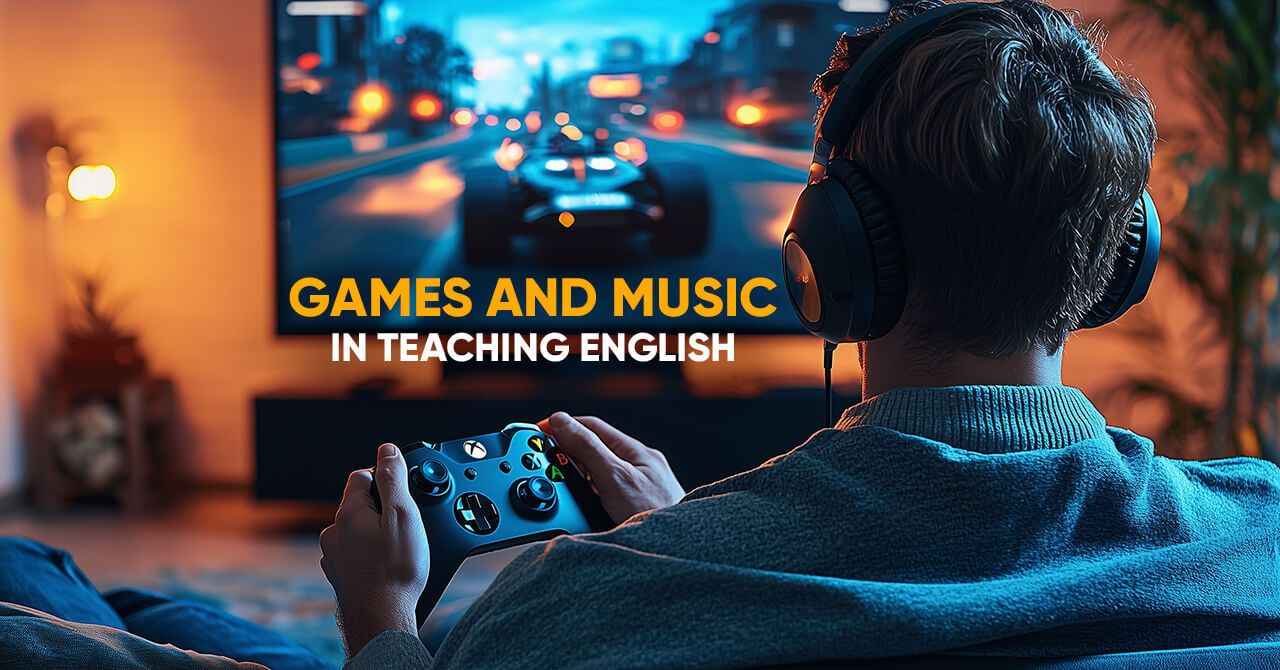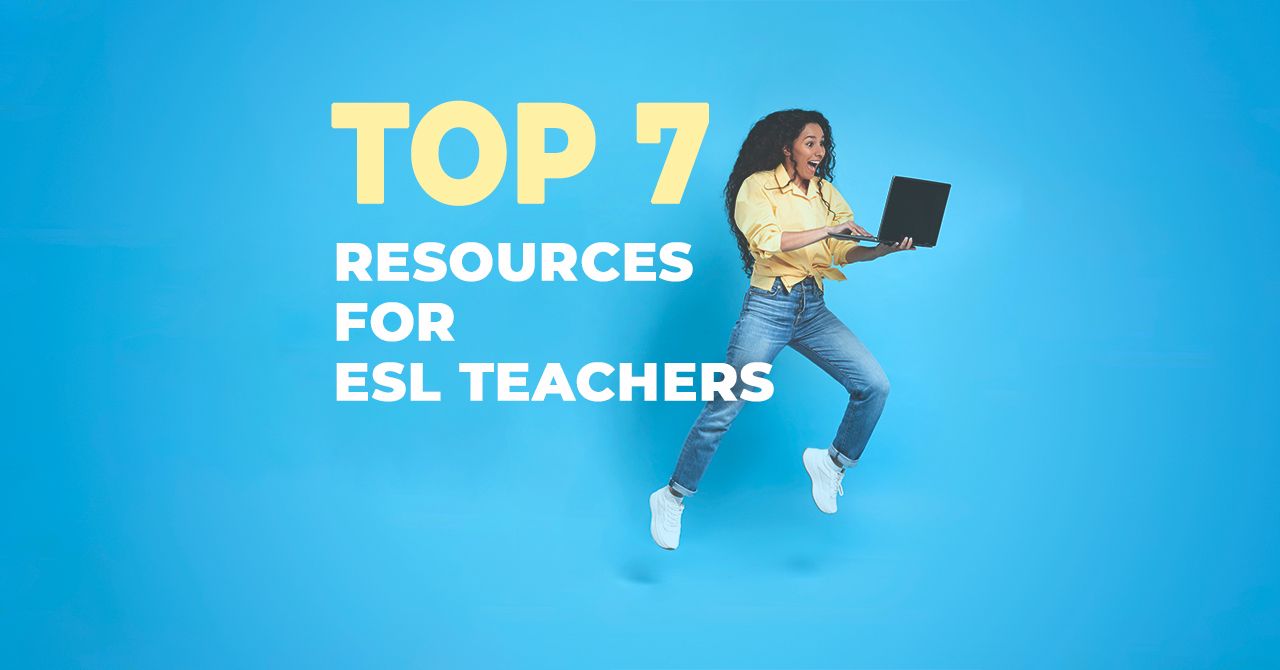
The Power of Music and Games in TEFL: Making Learning Fun
Incorporating music and games into your TEFL lessons isn’t just about having fun (although that’s a big part of it! 😊).
TEFL can sometimes feel like a balancing act. You want your students to learn effectively, but you also want them to have fun.
Why music works wonders in the classroom
Music is a universal language. It breaks down barriers, sparks emotions, and helps information stick. Here’s how you can use music to your advantage:
Build vocabulary
Choose songs with repetitive lyrics to help students pick up new words and phrases. The rhythm and melody make it easier for them to remember. 🧠
Improve pronunciation
Singing along to songs helps students practice pronunciation naturally. They can mimic the intonation and rhythm, making their speech more fluent. 🗣️
Boost confidence
Music creates a relaxed atmosphere, which encourages even the shyest students to participate. They’ll sing along without worrying about making mistakes! 🎶
Connect with culture
Use music to introduce students to different cultures. Songs from English-speaking countries provide insights into slang, idioms, and cultural references. 🌍
The magic of games in learning
Games aren’t just for fun—they’re a fantastic way to reinforce learning. Here’s why they’re so effective:
Active Engagement
Games require students to actively participate, making them more involved in the learning process. They won’t even realize they’re practicing their English! 🎲
Reinforce concepts
Use games to review vocabulary, grammar, or phrases. Repetition in a playful context helps cement what they’ve learned. 🎯
Encourage teamwork
Many games require collaboration, helping students build communication skills and learn from each other. 🤝🏽
Reduce anxiety
Games create a low-pressure environment where students can experiment with language without fear of judgment. It’s all about having fun and learning along the way! 🎉
Top tips for using music and games in your lessons
Know your audience
Choose songs and games that are appropriate for your students’ age and language level. For younger learners, try simple songs and basic vocabulary games. For older students, consider trending music and more complex challenges.
Integrate, don’t isolate
Don’t just use music and games as fillers. Integrate them into your lesson plans to reinforce key concepts.
Mix it up
Variety is key! Use a mix of listening activities, sing-alongs, interactive games, and challenges to keep your lessons dynamic and engaging.
Get feedback
After using music or games in your lesson, ask your students for feedback. This will help you understand what works best and how to improve future lessons. 📊
The fun factor
Incorporating music and games into your TEFL lessons isn’t just about having fun (although that’s a big part of it! 😊). It’s about creating a learning environment where students feel motivated, engaged, and confident. So, the next time you plan a lesson, think about how you can add a bit of rhythm and play—your students will thank you! 🎶 🎮
Happy teaching!
I am a passionate and creative TEFL teacher who believes that learning should be as fun as it is educational!

